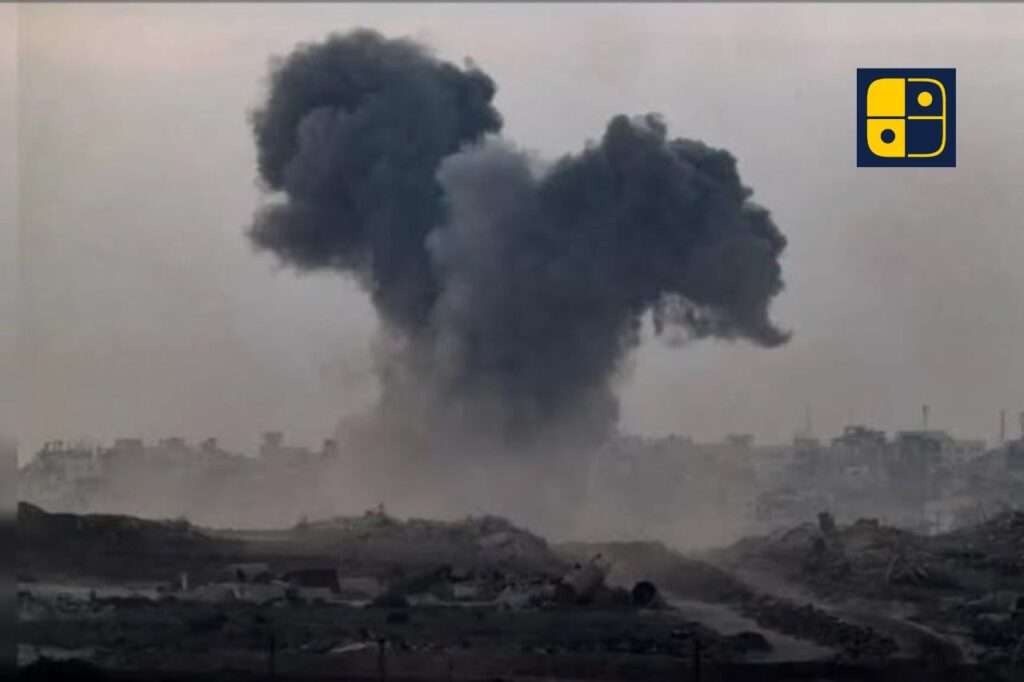Israel’s precision strike in Doha, which killed Hamas operatives and a Qatari security officer, marks an extraordinary expansion of its counter-terror playbook. Striking within the Gulf, a zone traditionally insulated from direct Israeli action signals both tactical audacity and strategic calculation. Tel Aviv’s justification rests on denying Hamas safe havens, yet by targeting a mediation hub, Israel risks undermining U.S.-backed ceasefire negotiations and alienating a state central to Gulf stability. Analysts note that the attack was as much a message to Hamas as it was a warning to Qatar: facilitation of militant leadership carries consequences. This blurring of sovereignty and counter-terror imperatives deepens regional insecurity and raises the spectre of escalation beyond Gaza.
India’s calibrated response reflects this complexity. Prime Minister Modi’s call to Emir Sheikh Tamim condemned the breach of sovereignty while commending Qatar’s mediation role. The stance illustrates New Delhi’s balancing act: Israel remains a critical defence partner, yet Qatar is a major energy supplier and home to nearly eight lakh Indian expatriates. By foregrounding sovereignty and diplomacy, India positions itself as a defender of international norms without rupturing ties with either side.
The Doha strike underscores a shifting regional order where tactical victories risk strategic isolation an equation India is carefully reading.

